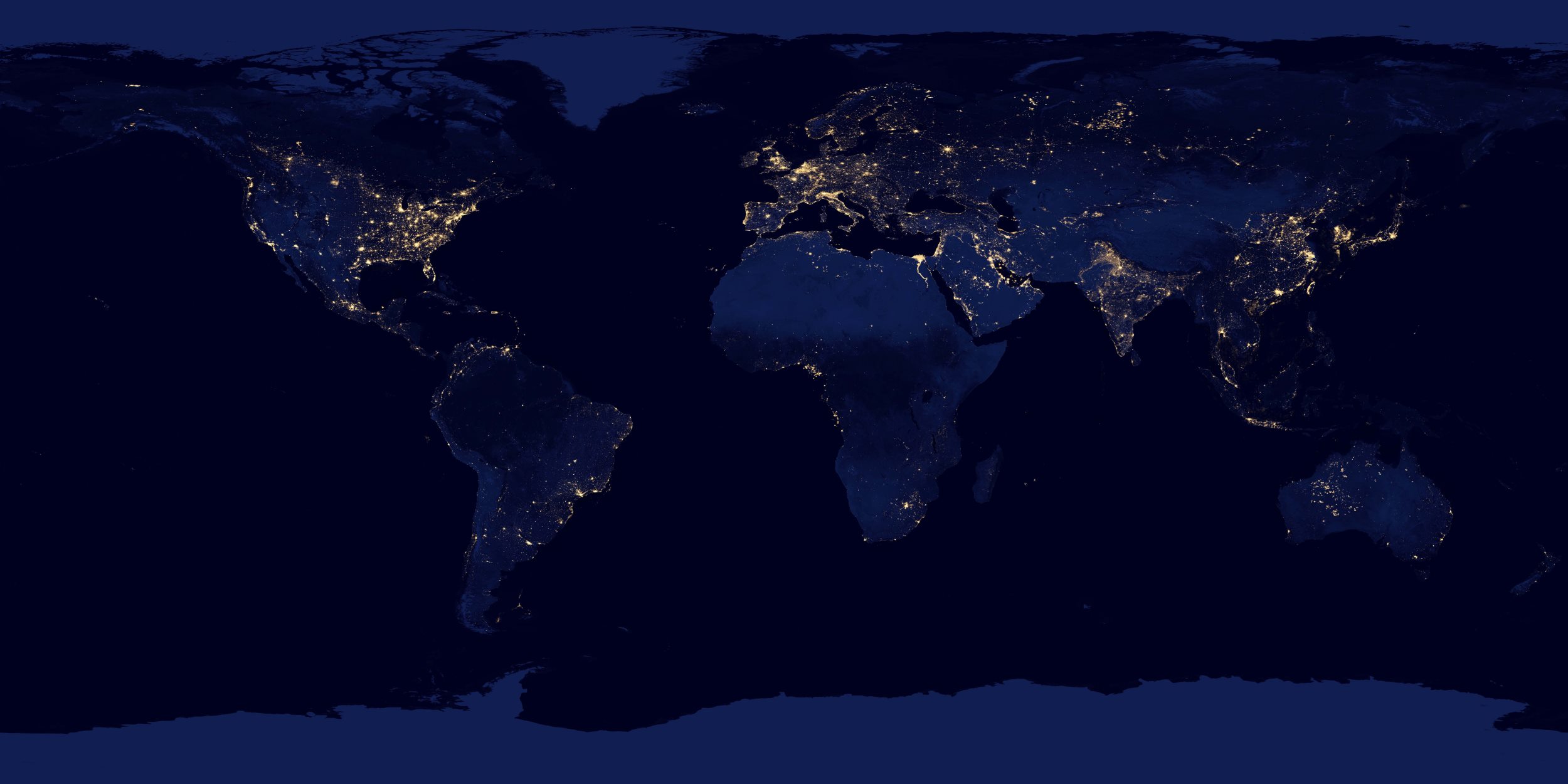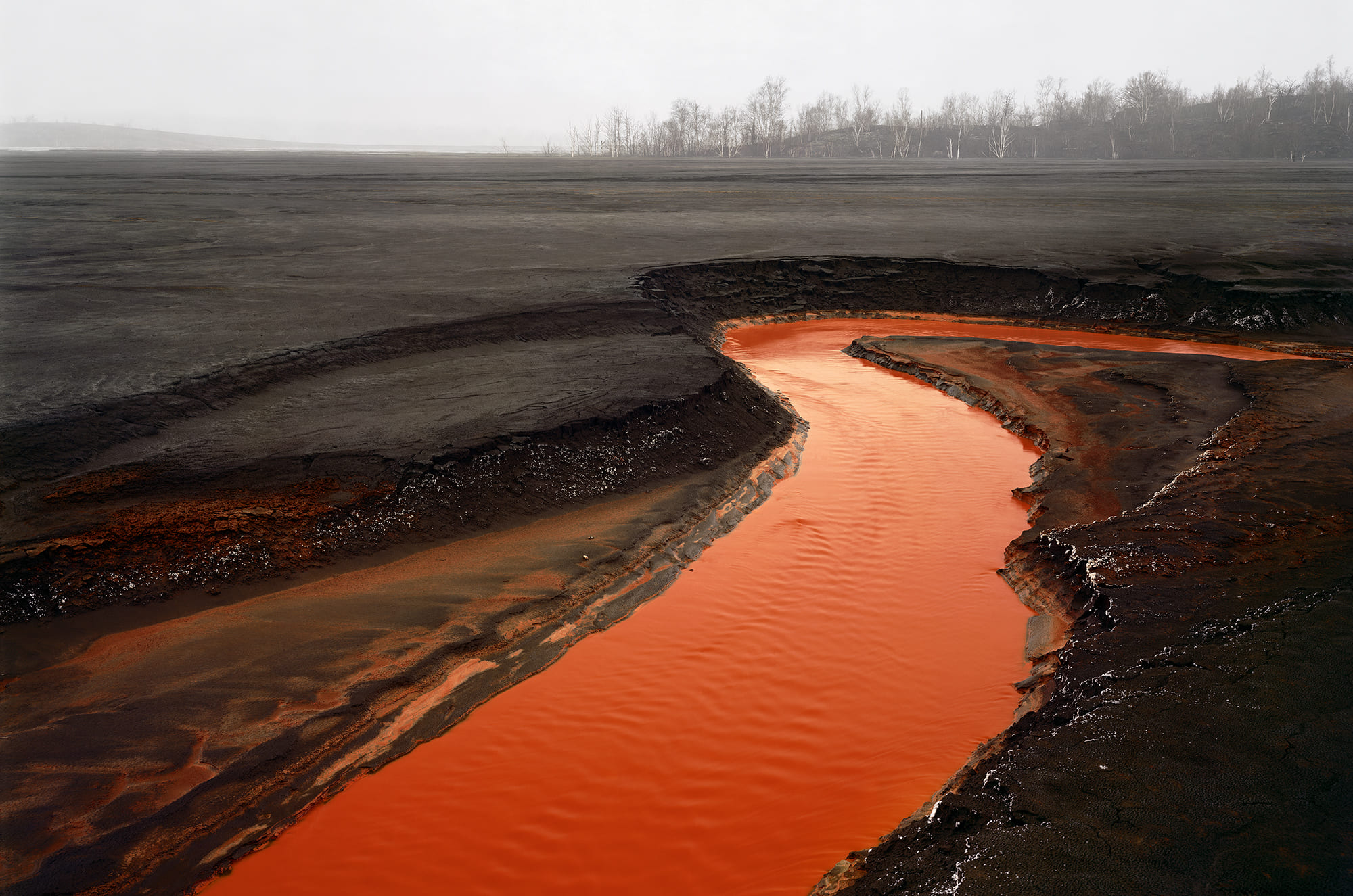An immersive experience with the ocean as the main character, from the global ocean to the coastal ocean, with unprecedented levels of details up to the sea conditions in the port of Dubai: climate science, sustainable development and ocean exploration animated the Italy Pavilion at EXPO 2020 Dubai in virtue of the collaboration between the CMCC Foundation Euro-Mediterranean Center on Climate Change (CMCC) and the General Commission for the Italian participation at Expo 2020 Dubai.
The CMCC brought its techno-scientific contribution to Expo Dubai through the provision and visualization of weather-marine data, oceanographic modelling and marine applications. Moreover, the CMCC contributed to the World’s Fair with experts and talks on critical issues such as the Global Coastal Ocean, and CoastPredict – endorsed by UNESCO as a Programme under the United Nations Decade of Ocean Science for Sustainable Development.
From the Global Ocean to Dubai: marine forecast in a video
“The role of science is to provide tools and applications to understand the differential impacts of climate change on communities and regions”, explained Antonio Navarra, CMCC President, that illustrated the contents that the CMCC research proposed at EXPO 2020 Dubai in the Italian Pavilion, with particular reference to video applications on ocean forecasts realized by CMCC with its scientific research and Supercomputing Centre, which is one of the most advanced in the world among those dedicated to climate change.
Scientists designed a set of hypothetical scenarios to help them model the climate system. Each scenario assumes a different level of future global greenhouse gas emissions and carbon dioxide concentrations, resulting in different levels of warming. “Climate scenarios help us to imagine different futures where the world makes different decisions, leading to different levels of carbon emissions. It’s noteworthy that if we look at climate scenarios for the next 20 years, we can notice that they are all quite similar, and this implies that whatever policies we put in place now, temperatures will increase. Both mitigation and adaptation will be therefore crucial to address climate change.”
From the global ocean to the Mediterranean Sea, up to the Northern Adriatic and the Venice lagoon, the CMCC forecasts provide reliable information to face the climate change challenges and try to avoid the “ambush” of the future.
Every day, the video wall of the Italian Pavilion allowed an amazing, engaging experience of the ocean, with the visualization of weather-marine forecasts of the Mediterranean Sea showing increasing levels of detail up to the sea conditions in the port of Dubai.
Discussing the future of the Coastal Zone
The well-being of people on the planet is closely linked to how we address the climate challenge to guarantee future generations a perspective of sustainable development. Decisions need science to provide increasingly precise, timely and robust information and data. The actions to be taken require the application of the most advanced and cutting-edge technologies.
In all of this, the Global Coastal Ocean is a significant player: near the coast climate change affects ecosystem health and the way it supports and accommodates goods and services. Understanding the Global Coastal Ocean in ever greater detail and its many facets is therefore one of the most advanced challenges for societies and the world.
The UN Decade of ocean science for sustainable development, started in 2021, is a unique opportunity to advance knowledge, infrastructure and solutions for the ocean.
One of the endorsed UN Decade programmes is “CoastPredict: observing and predicting the Global Coastal Ocean” that aims at redefining the global coastal ocean science while searching for solutions for the coastal ocean we need for the future we want.
The future of the Coastal Zone was also the core of the event held at Expo Dubai on October 8, 2021, an opportunity for a dialogue between policy-makers, business representatives and scientists to tell the story of a world where the scientific community uses technological innovation to produce knowledge and improve decision-making.
“In the past twenty years, oceanography has become an operational science”, explained Nadia Pinardi, chair of CoastPredict and full professor of Oceanography at Bologna University and CMCC. “This change has laid the basis for a new understanding of the ocean variability and the ocean climate, and allowed the interface with end users. However, much more is needed. The UN Decade of ocean science for sustainable development will connect climate communities in an effort to transform our knowledge and design solutions to prevent coastal disasters, to solve climate change challenges and work for human and marine ecosystem health.”
Albert Fisher, Head of GOOS program, UNESCO-IOC, and among the speakers of the event, pointed out that “climate change really is ocean change: 90% of the excess of heat in the climate system is in fact in the ocean.” He highlighted how the ocean has a key role in the Agenda 2030, as the oceans have a part in many of its goals, actually in goals related to climate, food, disasters, etc but there’s also a specific goal related to life in the ocean that’s SDG14. “It’s in that context”, he stated, “that the United Nations declared 2021 to 2030 the UN decade of ocean science for sustainable development, and it’s really there to catalyze science into solutions, with the mission of transformative ocean science solutions for sustainable development, connecting people and our oceans.”
In GOOS, ocean observations and predictions are at the center of the majority of the activities planned for the UN ocean decade, in particular through three different broad umbrella programs: ‘Ocean observing co-design’, ‘CoastPredict’, ‘Observing together’. “Ocean observing co-design will transform our ocean observing system, assessment and design processes; CoastPredict will revolutionize the global coastal ocean observing and forecasting; Observing together will work through capacity development to meet stakeholder needs and make every observation count through support to existing and new community-scale projects. These three programmes are designed to meet immediate urgent needs and to accelerate GOOS development. They will be working together and with other Programmes under the Ocean Decade to achieve the strategies and outcomes that the UN decade seeks” Fisher concluded.
Villy Kourafalou, co-chair CoastPredict, University of Miami, gave an overview of the CoastPredict Programme. “CoastPredict”, she said, “will co-design with stakeholders the needed infrastructure and offer open and free access to coastal information. The main theme is a predicted global coastal ocean where society understands and can respond to change in ocean conditions.”
CoastPredict will re-define in particular the “coastal ocean” to achieve a broader, more inclusive “coastal ocean” that extends inshore, from the estuarine mouths to river catchment, to the urban settlements, but also offshore, from the surf zone to the continental shelf and where water of continental origins meet open ocean currents.
Moreover, CoastPredict will have a new modelling approach: it develops and advances models of predictions; a new aspect is the so-called urban oceanographic predictions. “We want to integrate”, explained Kourafalou, “the natural sub-system, that is part of the ocean, with the societal sub-system that is the heart of urban areas. It’s very important to combine these two aspects to have predictions, such as predictions for impact forecasting (e.g.: predictions of coastal storm surge inundation, integrating research on storm surge predictability and geographic information science while providing coastal vulnerability, and visual risk communication)”.
CoastPredict has also a new integrated ocean observing approach, integrating open ocean, coastal ocean and even inland observations, satellite and in situ observations.
“We have the teams, the know-how and the capacities to address the complexities and the challenges of the global coastal ocean. So, it’s really the right time for CoastPredict and a global coastal ocean”, said Joaquìn Tintoré, co-chair CoastPredict, Balearic Islands Coastal Observing and Forecasting System & IMEDEA, Spain, highlighting with his words how regional observing systems are becoming a sound ecosystem for scientific excellence, providing data, resources, knowledge and advice to key sectors of society.
For more insights on CoastPredict and the Global Coastal Ocean, watch the video of the event:






